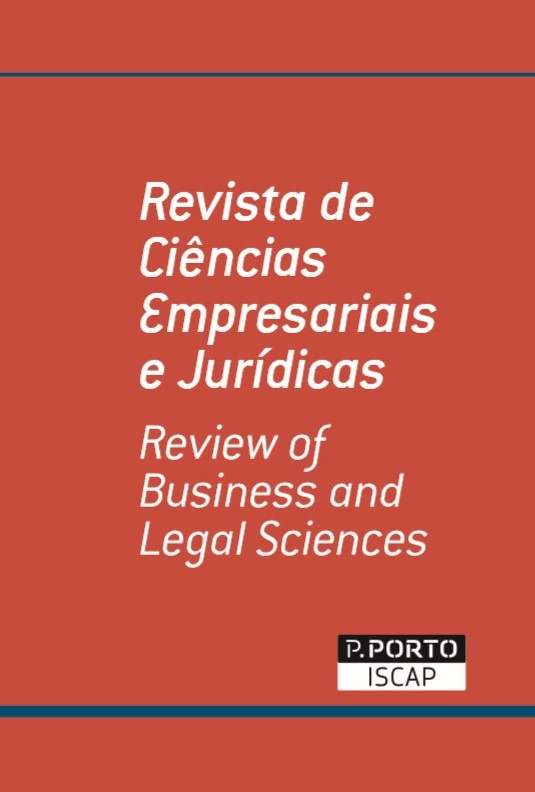Conceptual framework
perceção e interpretação do conhecimento organizacional
DOI:
https://doi.org/10.26537/rebules.vi29.2589Keywords:
Knowledge management, Strategy, Management research, Conceptual frameworkAbstract
Historically linking the importance of knowledge with the pursuit of excellent organizational performance, it is noticed that organizations have always been dependent on the adoption of practices and processes to identify, manage and maintain their knowledge. With this context, this communication aims to reflect on the evolution of the management, interpretation and perception of knowledge through the so-called conceptual framework, used for the interpretation and management of knowledge. In terms of use, the conceptual framework that is now used in knowledge management can be considered an intersection of two areas, namely management sciences with information and communication technology sciences . These are diagrams of theoretical construction, but of practical use, which are designed to represent and model information of a phenomenon in the context of organizational knowledge (Ichijo and Nonaka, 2007), being applied in business processes or in the scientific research management . Thus, this communication aims to present the following objectives: 1 – Reflect on the evolution of the management, interpretation and perception of knowledge through the so-called conceptual framework, used for the interpretation and management of knowledge; 2- To demonstrate the strategic importance of the knowledge management to the organizations, through the full perception of its tools and particularities demonstrated in practical cases; 3 – Demonstrate the evolution of concepts of conceptual framework in relation to knowledge management, and; 4- To present a theoretical framework of the application of conceptual framework in the business advisory area and in scientific management research. To achieve these objectives, this communication methodically sought to identify these so-called conceptual models in 12 case studies of business organizations already registered in the literature a (Holsapple and Joshi, 2008) and 05 cases related to the use of conceptual models in scientific research management phenomena , with conceptual models moderators history in and out comes (Gibson and Birkinshaw, 2004, Raisch and Birkinshaw, 2008).





